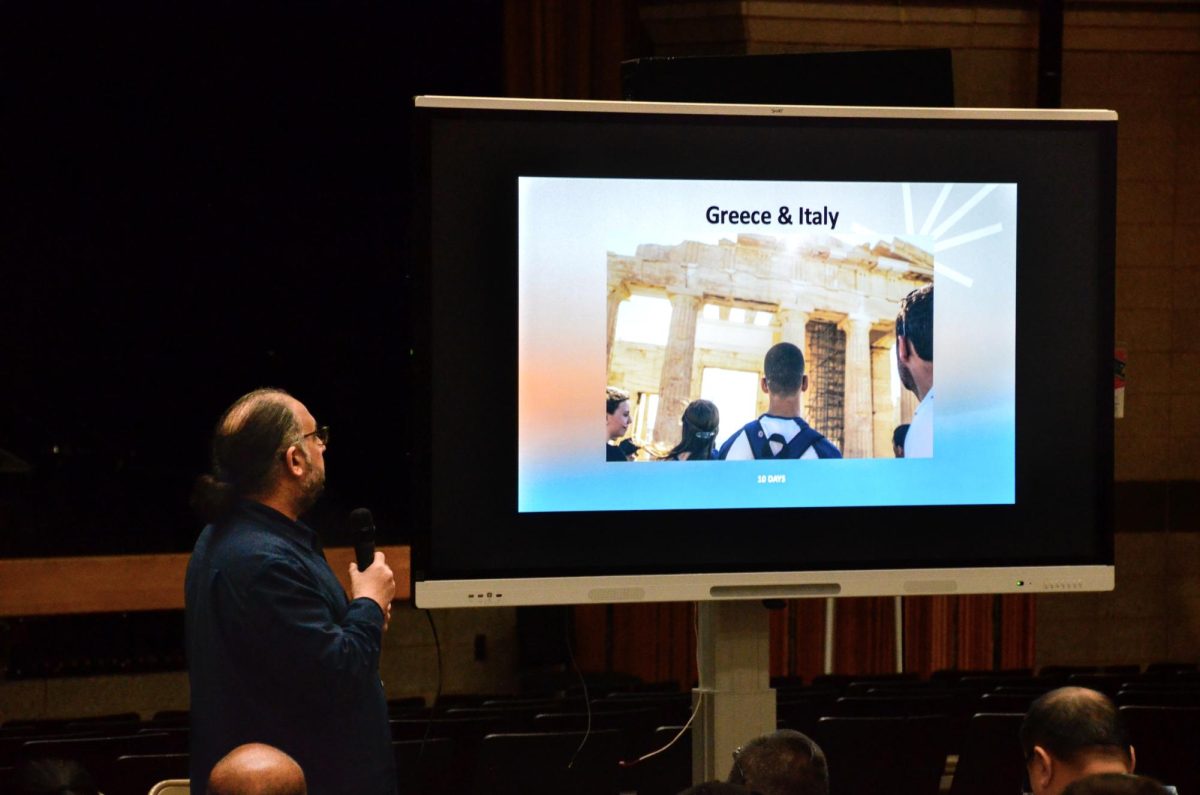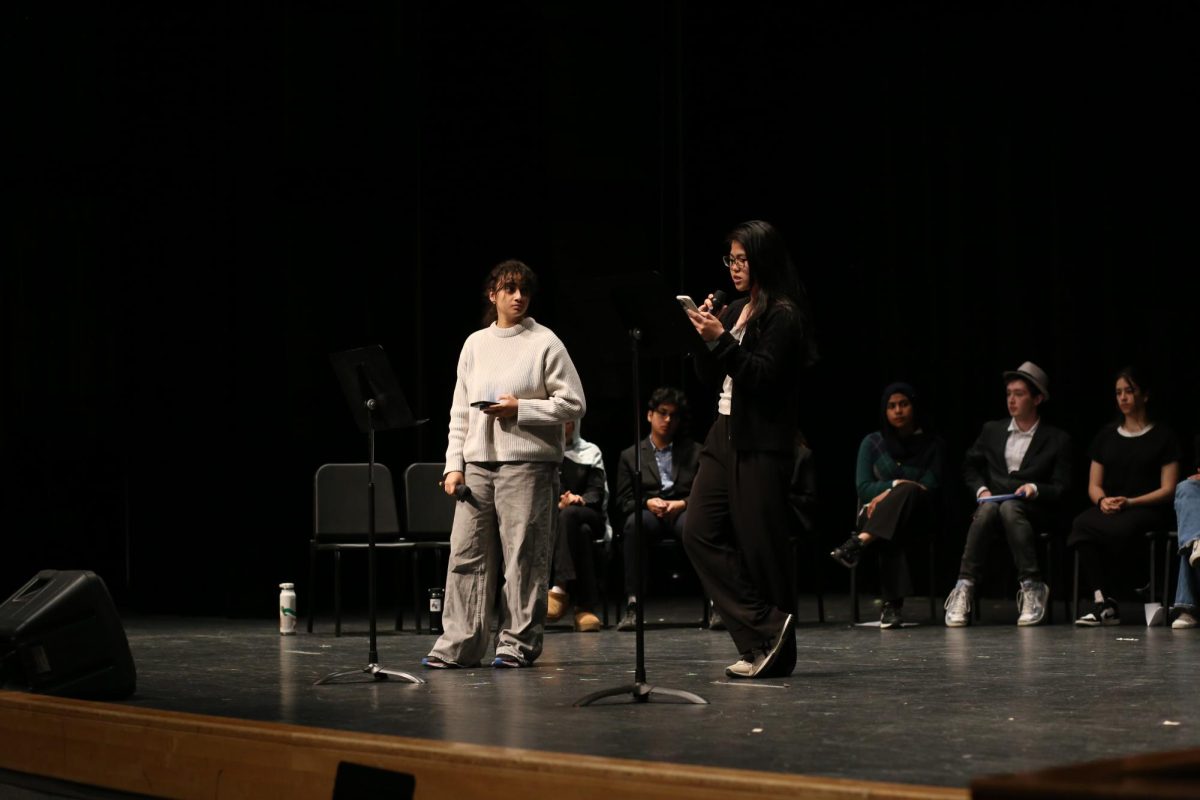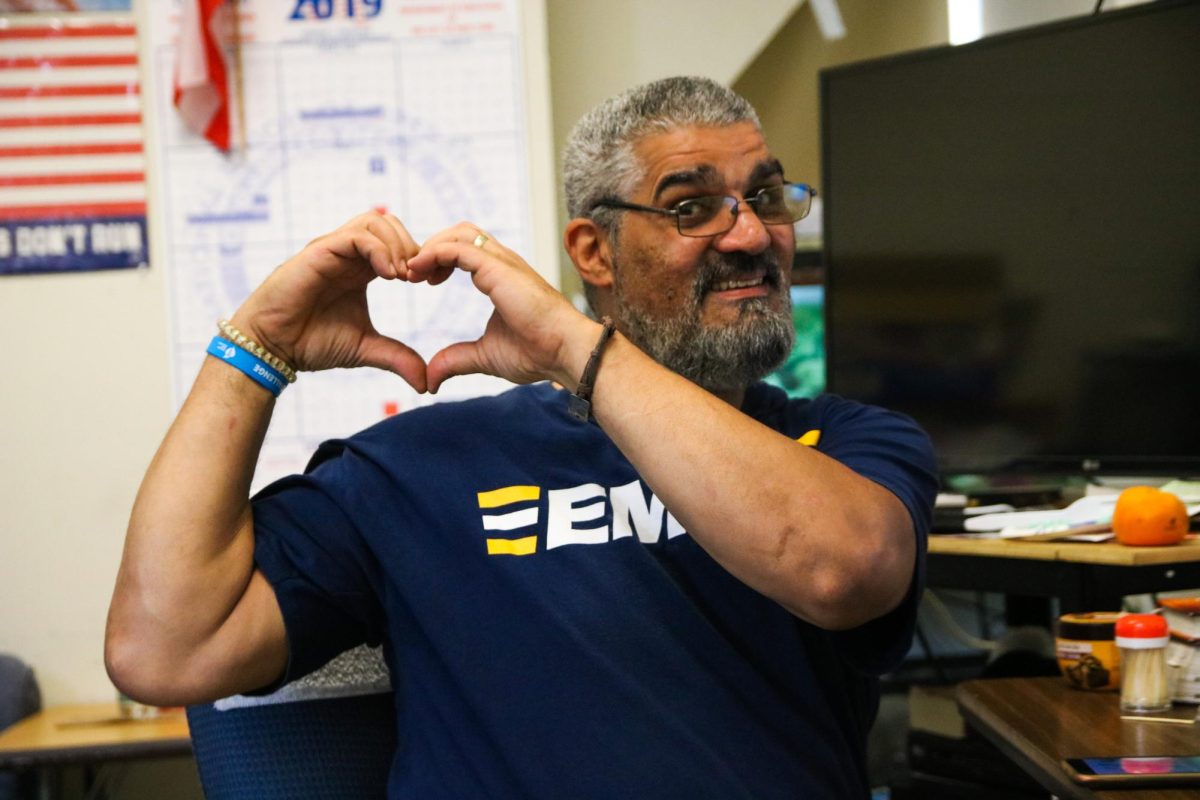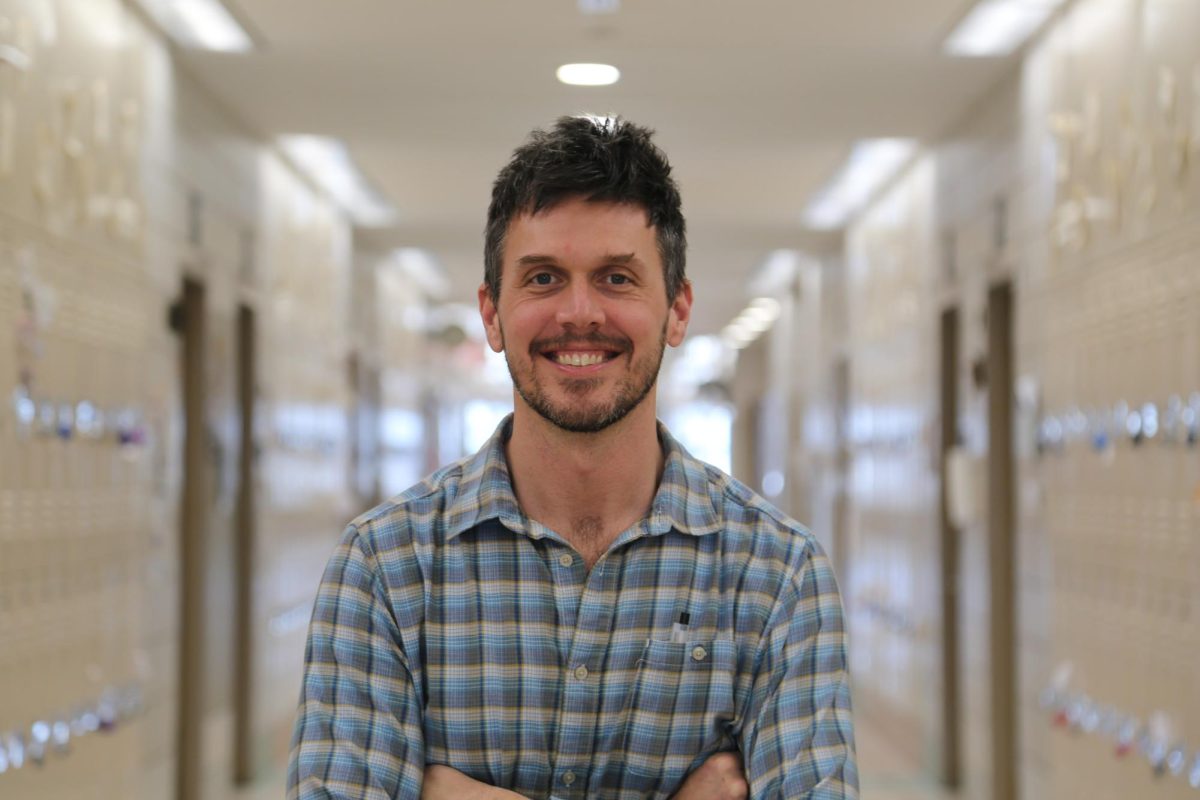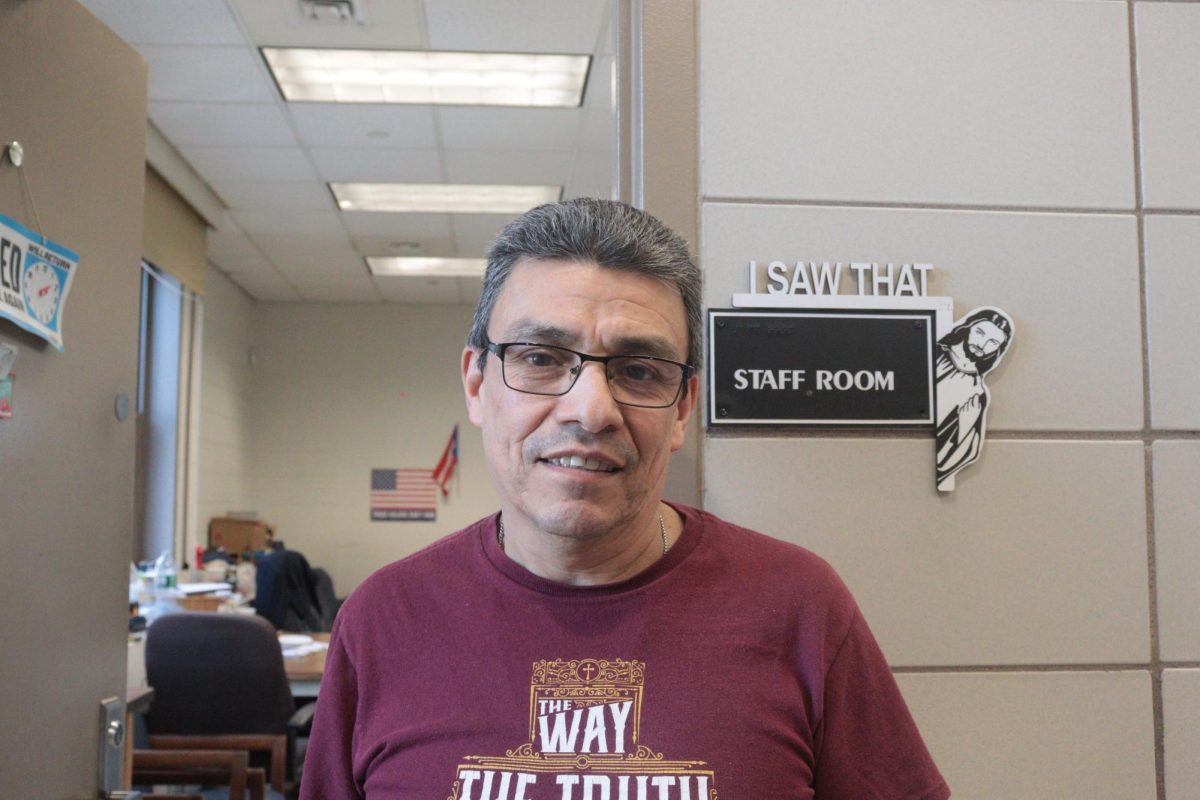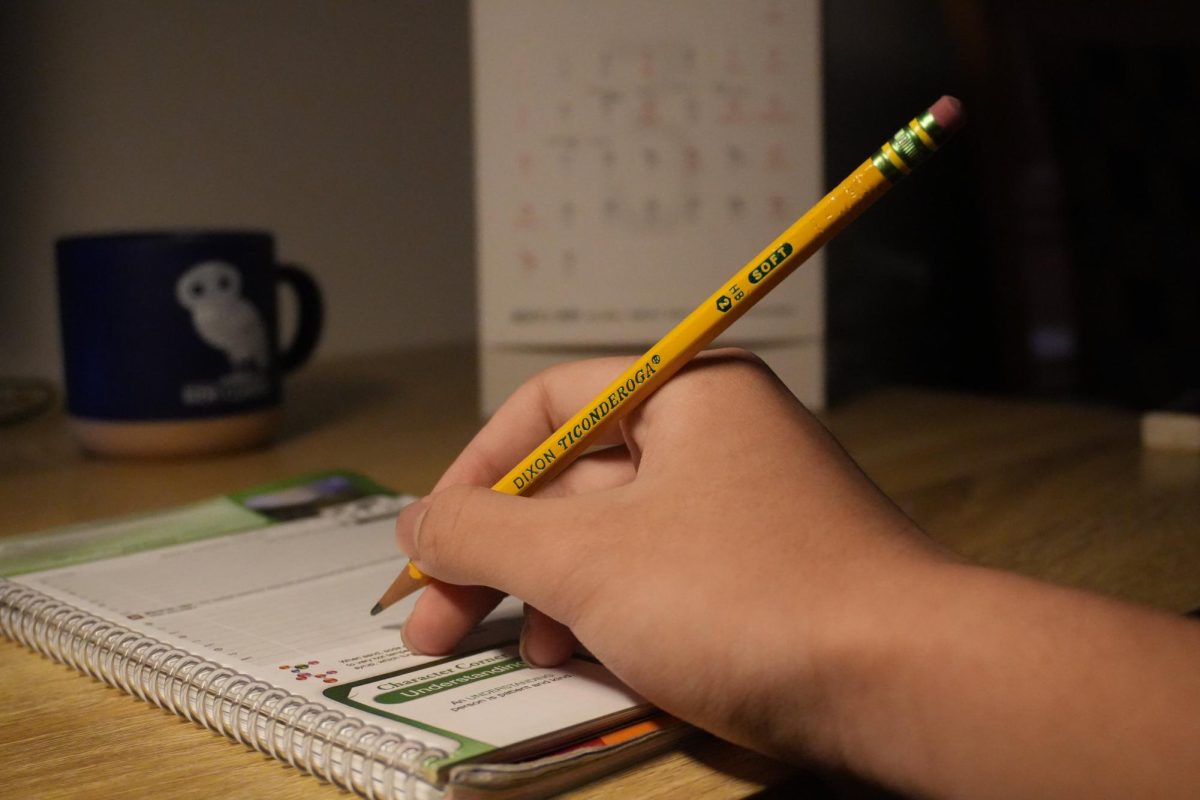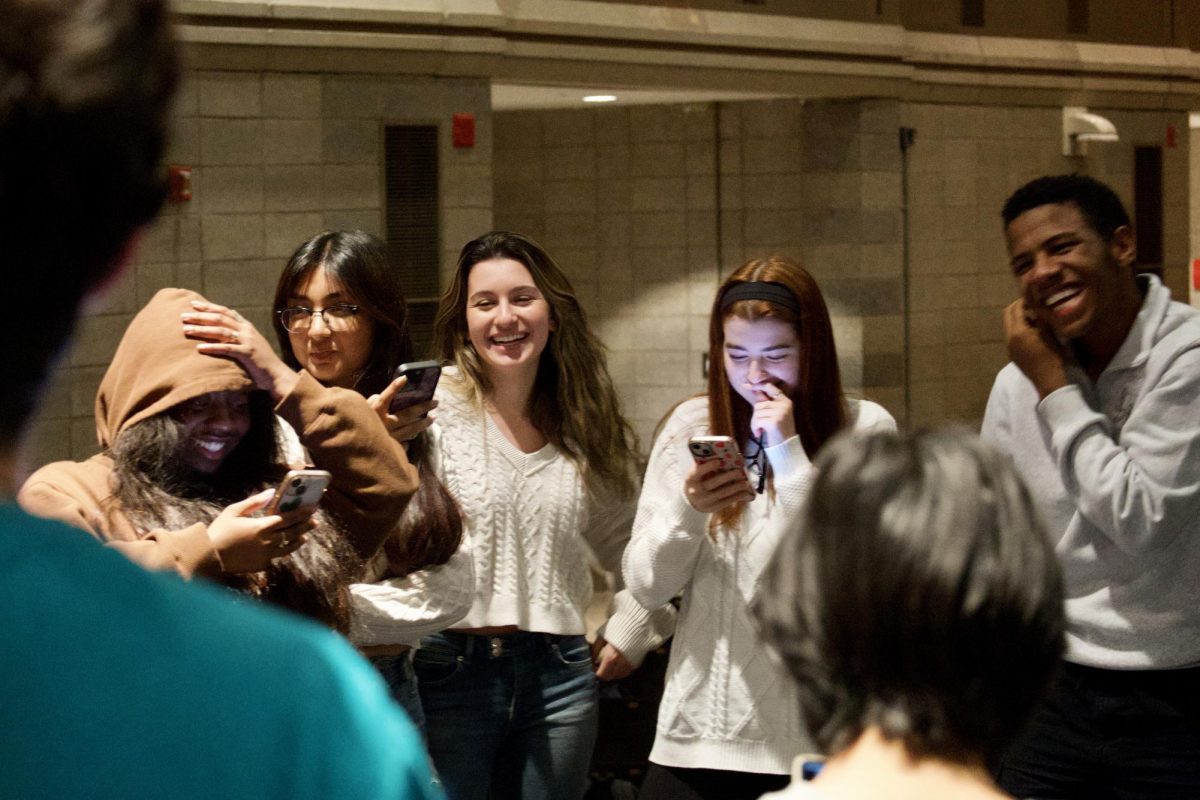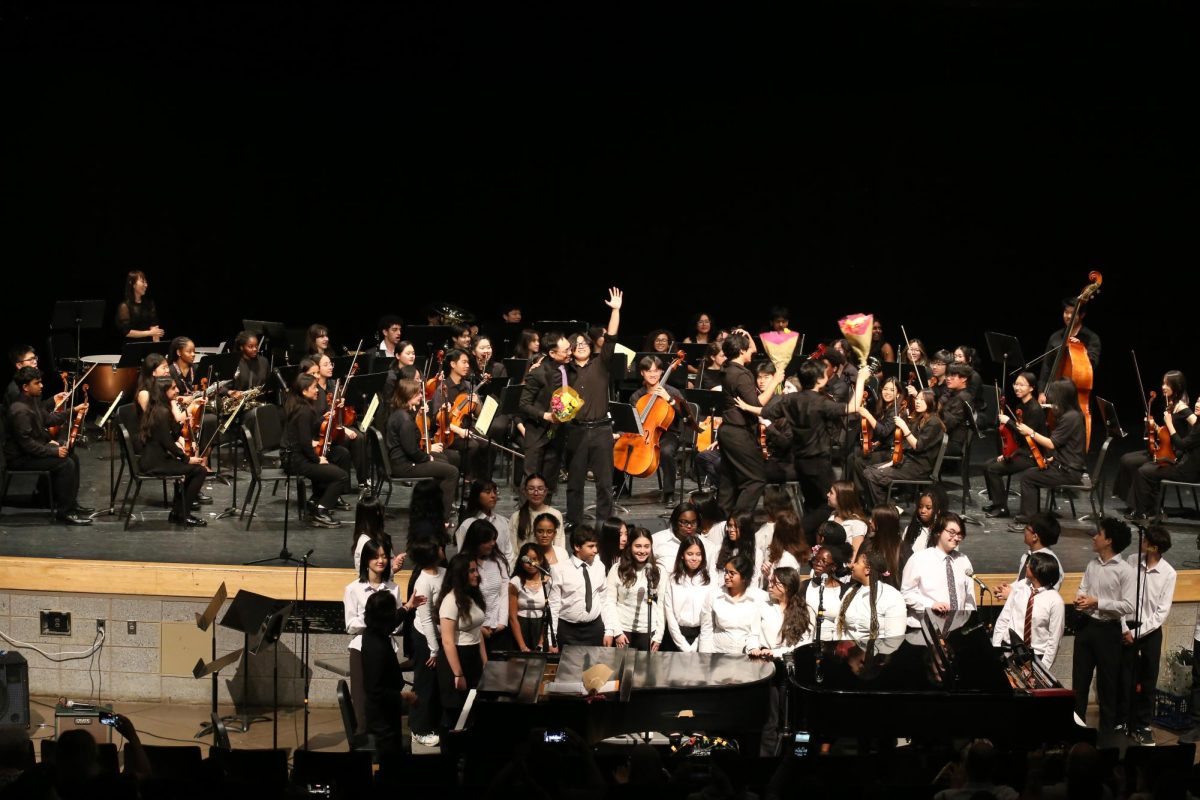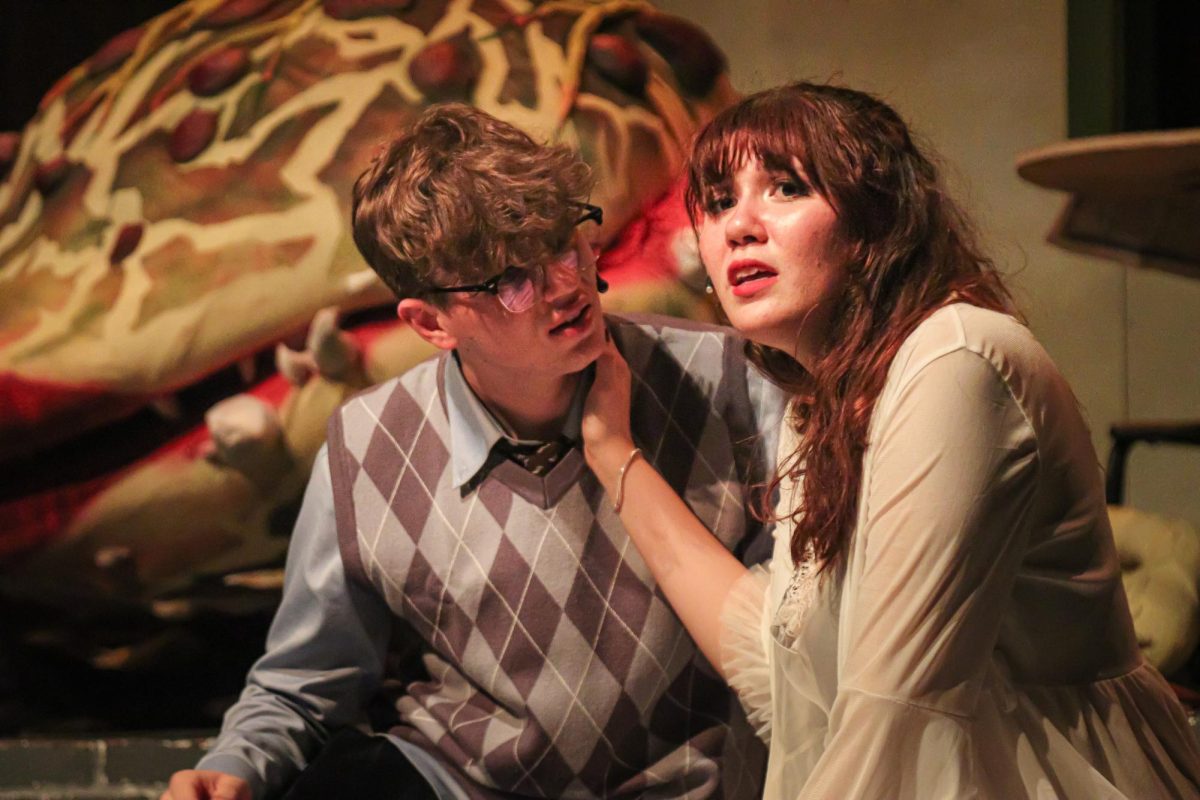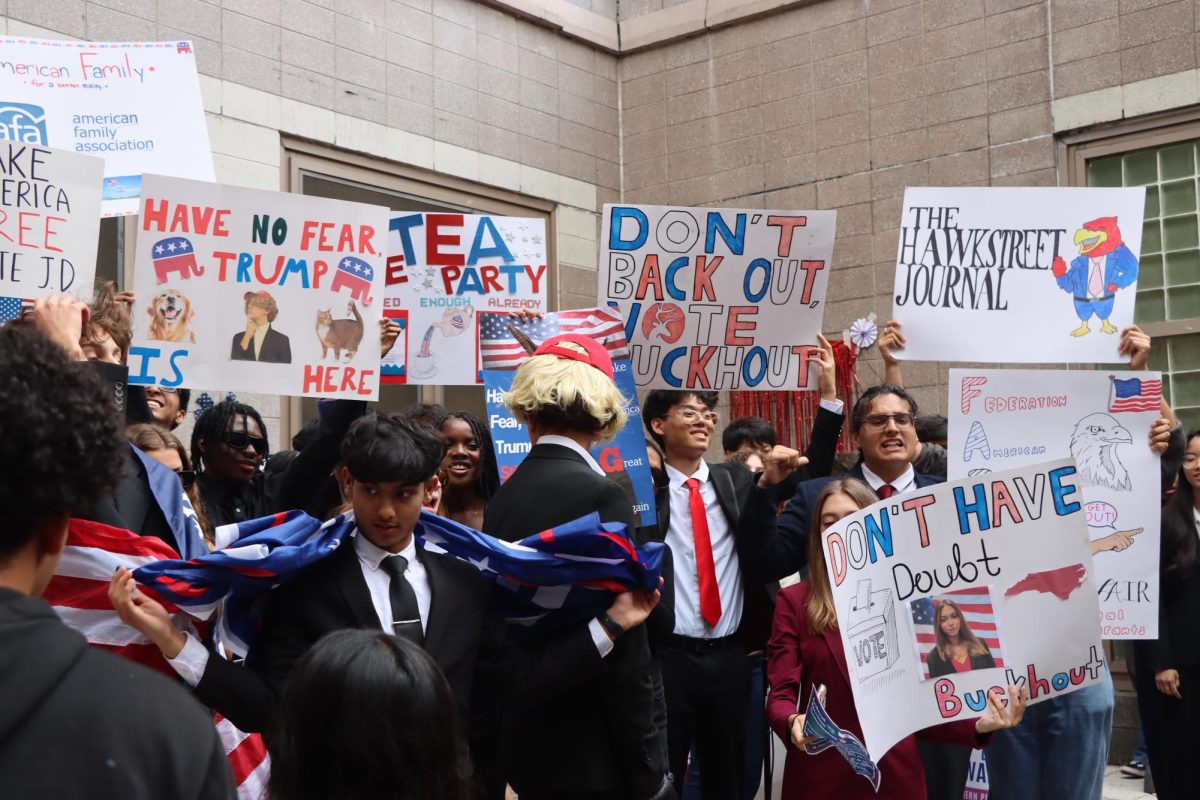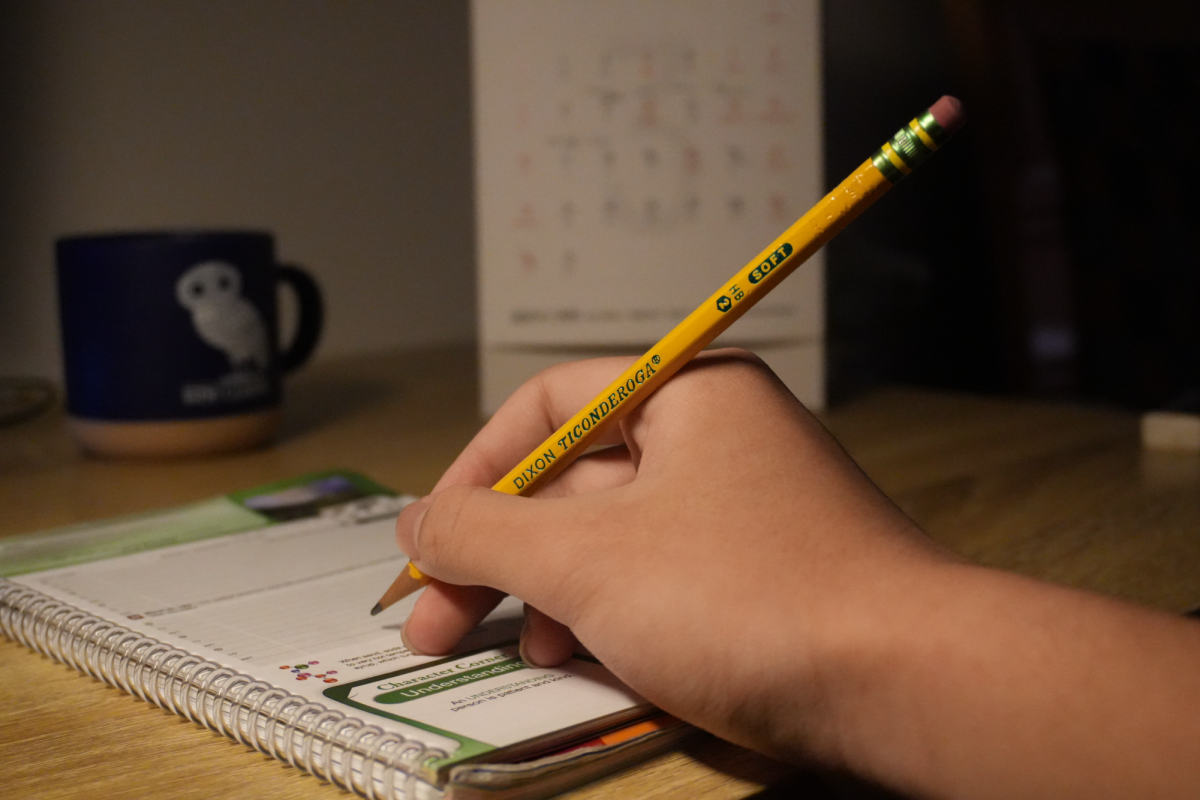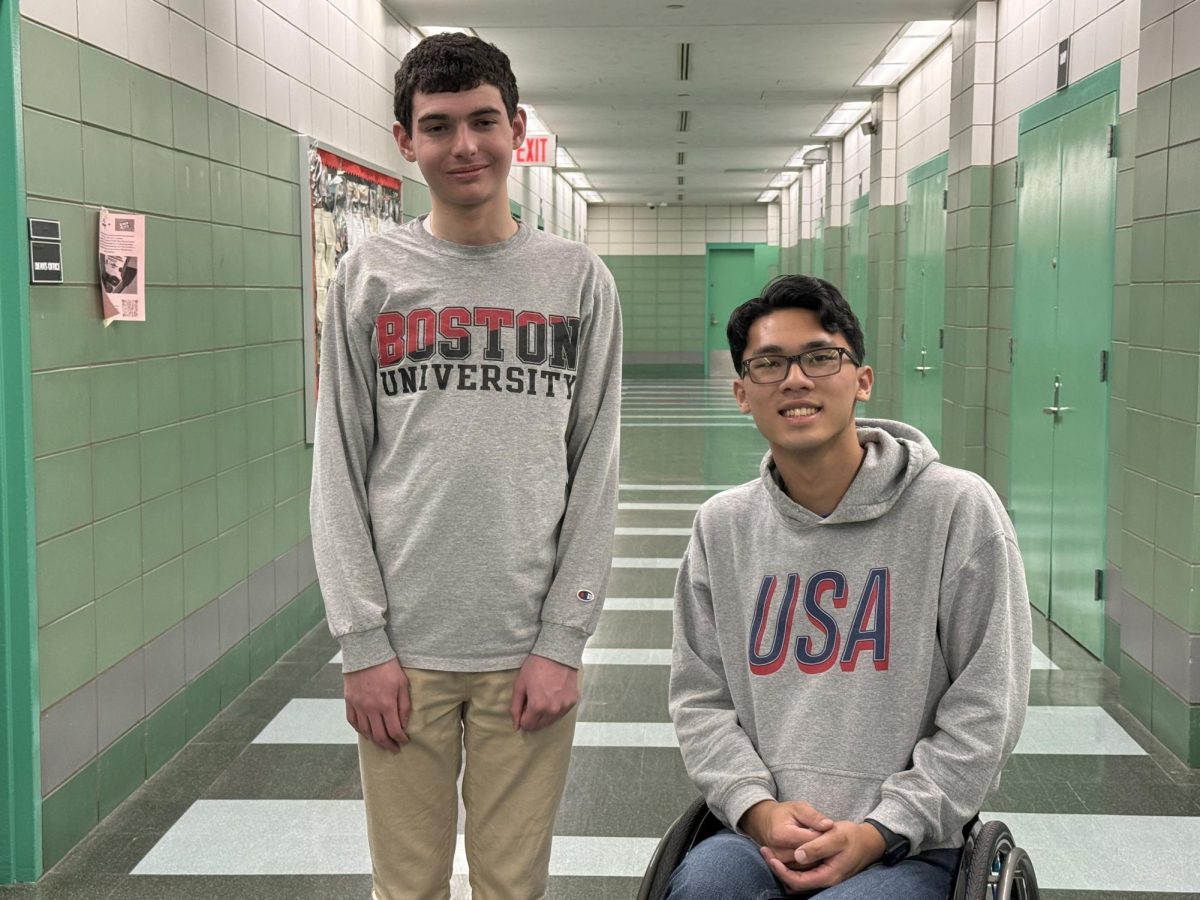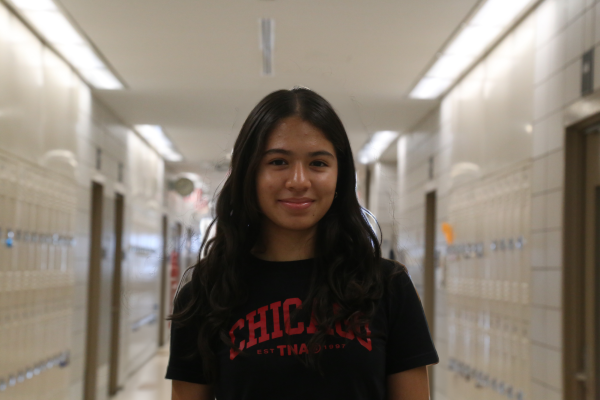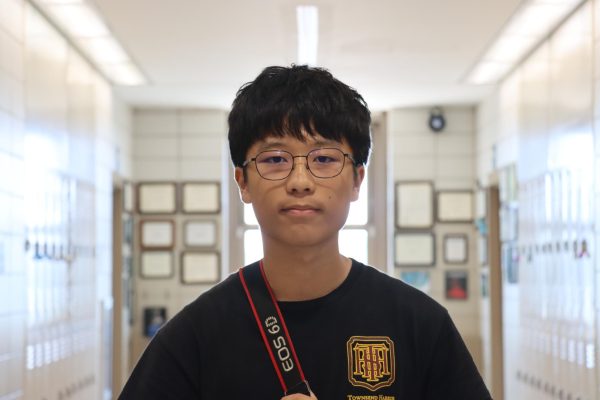
This article was first published in March 2000. It is from the fourth issue of the sixteenth volume of The Classic. This article was chosen as the election simulation this year comes to a close today, November 6.
Playing politics: Simulation brings real benefits
Throw the history books aside; instead of learning through texts, this is your grand opportunity to discover the concepts of political campaigning, elections, and the many facets within. You are the candidates, voters, campaign managers, interest group members, rather than merely reading about them. Fall term of each of the past four years has seen one of the most innovative teaching mechanisms ever developed: the election simulation.
Students in the senior government class have the most active roles in the mock elections. They play the candidates, campaign managers, news broadcasters, and television and radio talk show hosts. The reason for this is simple: first and foremost, this is a project that is part of a course designed to educate seniors. However, that doesn’t mean that underclassmen are excluded from the experience.
Freshmen, sophomores, and juniors, as the student body, are the targeted audience for the campaigning headed by the seniors, since they are the voters, pre-divided into political parties. They can choose to involve themselves as much or as little as they want.
If a student doesn’t have any interest in the election, he or she only has to sit through the broadcasts and attend debates that the rest of the school goes to. But, if this is not the case, and a student wants to play a greater role in the simulation, there are several ways in which he or she can become immersed in it.
One can call in during radio broadcasts to ask any candidate a question, or make a comment in order to learn more about candidates’ views, or voluntarily attend events that the candidates themselves elect to participate in. Additionally, if students are allocated simbucks (simulation money used in the campaigns), they have the power to donate funds to any candidate’s campaign, interest group, or cause that they wish.
The election simulation transforms Townsend Harris into an environment representative of society, in which all different types of people, from different walks of life, exercise their power and come together to make the campaign process work. Just as in the real world, scams are uncovered, candidates resort to mudslinging, the media is exploited, and advertising is everywhere you turn here in our very own interpretation of the first presidential primary election of this third millennium. There isn’t a single book in the entire world that can capture the unique and educational value of the simulation.



